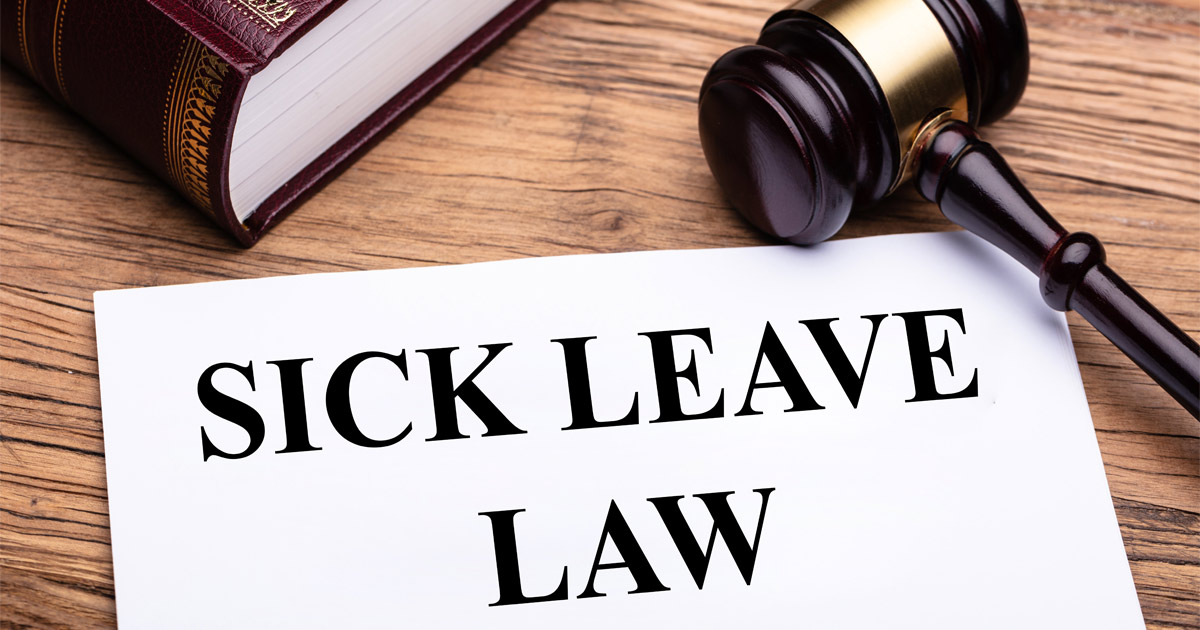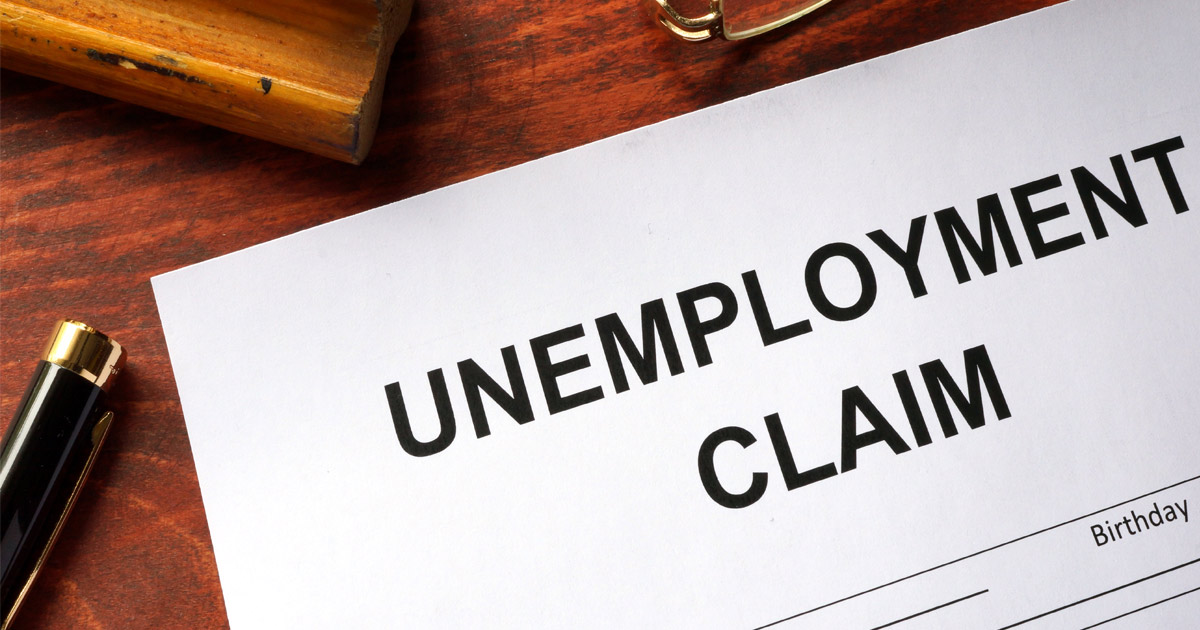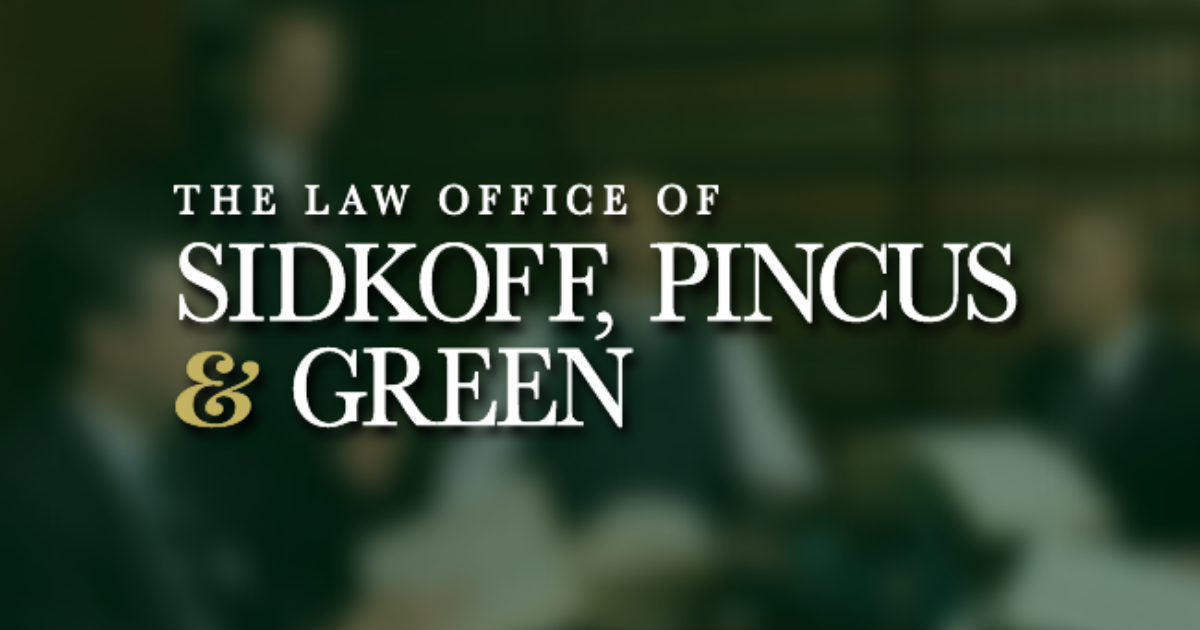Coronavirus Outbreak Causes Major Employment Issues in the U.S.

As the Coronavirus (COVID-19) continues to spread, companies have closed, workers are required to stay home, and travel has been restricted. In addition to the obvious health concerns, COVID-19 is having a major impact on the U.S. economy. As the outbreak continues to impact companies in the U.S. and worldwide, legal experts are urging companies to review their legal contracts, employment agreements, and handbooks to ensure that they are protected from breaches in cybersecurity and other negative exposure.
U.S. companies conduct a significant amount of business with manufacturers in China. However, the outbreak has disrupted the supply chain, causing significant delays in the delivery of contracted goods. U.S companies that are awaiting goods from China should review their business contracts to determine what their rights are if their goods are delivered late, or not at all. However, despite what the contracts say, Chinese suppliers may obtain a force majeure certificate, which exempts exporters from fulfilling contractual agreements with overseas buyers as a result of the pandemic.
Impact of Coronavirus on U.S. Employers
President Trump signed an executive order suspending entry into the United States of all foreign nationals who were in China within 14 days of arriving in the U.S. Immediate family members of U.S. citizens are exempt from the order. Those not exempt are subject to a two-week mandatory quarantine upon their arrival in the U.S. It is unlikely that travelers who contract the virus will receive employment protection, unless they were traveling for business or were subjected to a mandatory quarantine. If this is the case, the U.S. company would be required to continue paying the affected individual.
Symptoms of COVID-19 include fever, nausea, vomiting, diarrhea, shortness of breath, and coughing. If a worker shows any of these signs, and was in an area with confirmed cases of the virus, the employer should immediately contact the communicable disease section of the state department of health. It is imperative that the worker be tested to confirm whether he or she has the coronavirus.
Workers who are returning from China may have be asymptomatic. Employers should consider requesting that the employer remain home for 10 to 14 days until the incubation period has passed. However, if the worker alleges that he or she was forced to stay home, he or she may allege that it was due to a perceived disability, which would be a violation of the Americans with Disabilities Act. If the decision was based on the worker’s travel history, it is unlikely that the employee will be able to defend their claim.
Employers can avoid liability and claims of discrimination by focusing on their travel history, as opposed to their national origin, and paying their workers so they do not suffer damages from missed days of work due to the virus. Employers should try to be accommodating to employees who were quarantined and are reintegrating into the workforce.
Philadelphia Employment Lawyers at Sidkoff, Pincus & Green P.C. Assist Employers with Employment Issues Related to the Coronavirus
If you have concerns about how the COVID-19 will impact employment law, the Philadelphia employment lawyers at Sidkoff, Pincus & Green P.C. can assist you with these matters. To schedule an initial consultation, call us at 215-574-0600 or contact us online. Located in Philadelphia, we serve clients throughout Pennsylvania and New Jersey.



















